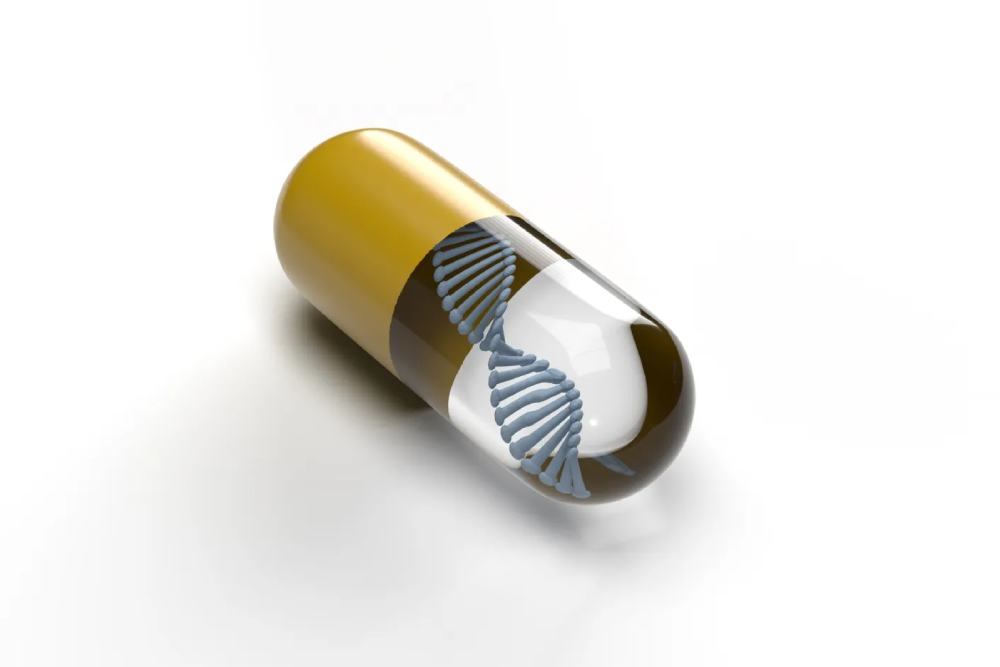2023 was a strong year for innovative new drugs, with new medications for Alzheimer’s disease, weight loss, and the first treatment based on the gene-editing technology CRISPR.
But 2024 is also shaping up to be a milestone year for some exciting therapies. Here’s what to expect.
Another new Alzheimer’s drug
Eli Lilly could debut a new treatment for Alzheimer’s disease that targets amyloid, the protein that builds up in the brains of patients. In studies that the company has submitted to the U.S. Food and Drug Administration (FDA) for approval, people receiving the drug experienced 35% slower cognitive decline according to cognitive tests than those getting placebo, and 40% less decline in their ability to perform daily activities such as driving or holding conversations. That’s a slightly higher efficacy than the existing medications for the neurodegenerative disease, and experts are hoping that if patients start taking it early enough, they might be able to hold off the worst effects of memory loss and cognitive decline for a few years. The FDA is expected to make a decision about the drug in early 2024.
Innovative blood-disorder treatments
After approving the first CRISPR treatment, Casgevy, for sickle cell anemia, the FDA is reviewing the same therapy for another genetic blood disorder called beta thalassemia. In both conditions, people have abnormal blood cells that can’t carry enough oxygen, which leads to painful attacks and frequent blood transfusions and hospitalizations. The gene-editing therapy is a one-time treatment that allows people to make more healthy blood cells, which can reduce the number of painful episodes. U.K. health authorities have granted Casgevy conditional marketing authorization, and the FDA is expected to decide in March whether to approve the treatment for beta thalassemia.
The agency is also considering other gene-based treatments that don’t use CRISPR but rely on more traditional virus-based methods. One is for hemophilia B. Patients with the condition experience moderate-to-severe bleeding episodes because they lack a coagulation factor that the gene therapy provides. In studies by the manufacturer, Pfizer, the therapy lowered the risk of annual bleeding among a few dozen men who tested it by 71%. The FDA is expected to make a decision about the treatment in the second quarter of 2024.

